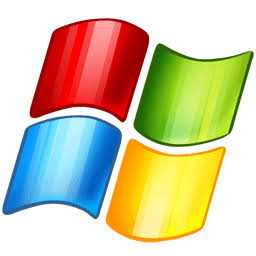I have been using Linux as my daily driver for quite some time (around 5-6 years) and usually manage to get whatever needs to be done. However, I now wish to learn it in a more structured manner, which includes understanding utilities and the workings of Linux. What resources should I look out for?


You are probably approaching this from the wrong angle. Linux, and computers in general, are tools. Figure out what you want to use it for, and then do it. One example would be to build a homelab with jellyfin and nextcloud.
On the path to that goal, you’ll find problems and tasks for which there exists very nice structured resources. For example, you might want some security, a perfect opportunity to read a book on networking and firewalls.
I disagree. Sometime, a structured approach allows to discover things you don’t even know exist
Structured approach to what? You don’t take a structured approach to a hammer, you use it as a tool to accomplish something.
”The Linux Programming Interface” is an excellent book, if you are interested in interacting with the Linux kernel directly, but somehow I doubt that’s what OP wants to do. I doubt OP knows what he wants to do.
Besides, please note that I did encourage taking a structured approach to stuff discovered on the way. But taking a structured approach to ”Linux” is just a bad idea, it’s far to broad of a topic.
Edit: RedHat has their certification programs. These are certainly structured. You’ll get to know RedHat and the RedHat^{TM} certified way of doing things. That’s probably the closest thing to what OP wants. You even get a paper at the end if you pay up. This is not the most efficient way to get proficient.
I want to use this hammer to do my dishes, how do I do that?
Fine, take the structured approach to ”Linux”:
If that investment seems a bit steep, take only the last step, build a homelab and take a structured approach to any interesting subjects you encounter doing that.
And then my dishes will be done? ☜(°ヮ゚☜)
You can probably pay for a dishwasher.
Oh so there are more steps. This is getting complicated, especially since I wouldn’t know where to put a dishwasher or what to feed them. When does the hammer come into play?
You can put it in the dishwasher to clean it. Just make sure to dry it and oil it a bit afterwards, otherwise it will rust. In most countries, this is covered by structured teaching in chemistry, contained within the concept of ”school”.
If the plates are made of metal, leave them outside in the sun for an hour or so, and then beat them with a hammer.
They’re not though :(
Structured approach for hammer would be probably learning when not to use hammer I guess?
This is a perfect valid approach though ! My first few years in self-hosting I learned soooo many things: CLI, Shell, scripting, networking, containers…
Doing my own AV1 encodes I learned alot about audio/video processing, metadata, ffmpeg, av1an…
Maybe not as structured as OP asked for, but there’s way to much to learn in the OS world that a whole life is not sufficient to have it all ! However, following that said goal, you will learn alot arround other stuff and improve overall.
If your goal is to learn the Linux system and all the nitty gritty arround it, good luck :/ it takes more than 1 person to make an OS work, so understanding all the bells and whistle is just crazy IMO !
Honestly, this is the best way to learn almost anything: Start a project. When you don’t know how to do something, look it up. Repeat until you die.